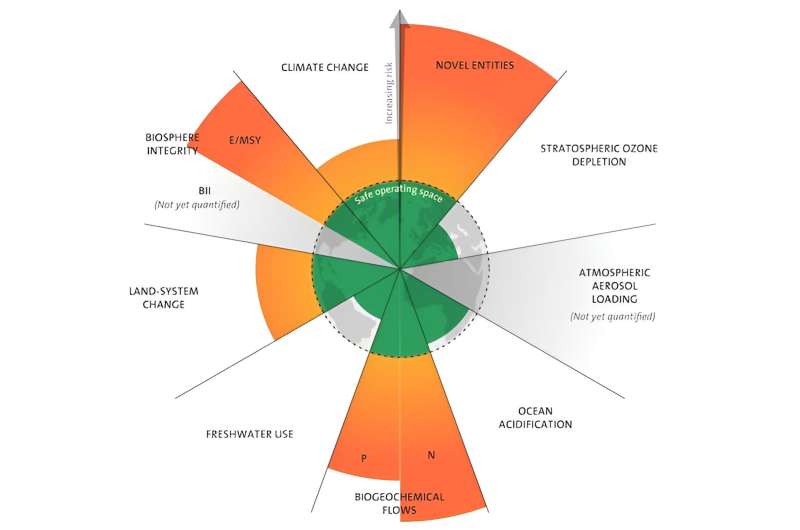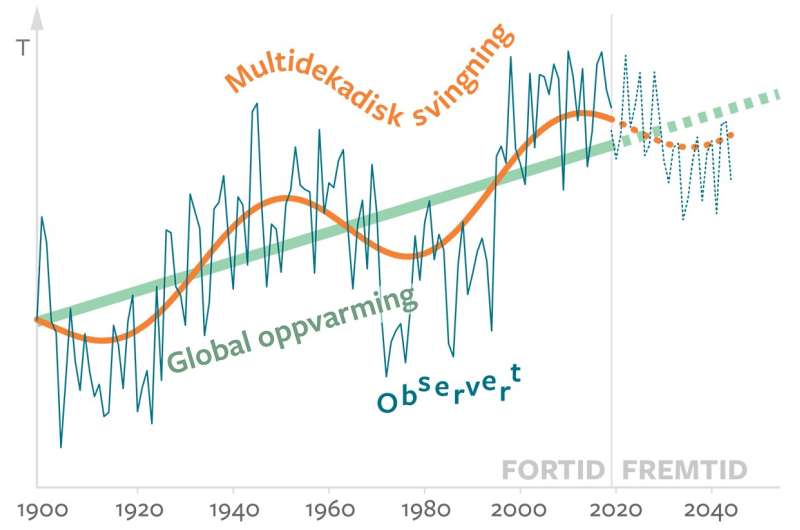Scientists analysed 300 years of ocean temperature records from marine sponges and discovered global warming has increased by 0.5˚C more than was previously estimated. In the study, published in…Continue readingMarine sponges reveal global warming has already exceeded 1.5 degrees
Tag: earth system
Limiting average global warming to 1.5 degrees Celsius, or 2.7 degrees Fahrenheit, above preindustrial levels has been the gold standard for climate action since at least the 2015 Paris…Continue readingNew study says the world blew past 1.5˚C four years ago
According to a new paper in Oxford Open Climate Change, the strategies humanity must pursue to reduce climate change will have to include more than reducing greenhouse gases. This…Continue readingResearchers argue that reducing greenhouse gas emissions is not enough to combat climate change
You may not have noticed, but earlier this month we passed Earth overshoot day, when humanity’s demands for ecological resources and services exceeded what our planet can regenerate annually.…Continue readingCritics of ‘degrowth’ economics say it’s unworkable—but from an ecologist’s perspective, it’s inevitable
The dangerous and destructive myths of conventional economics include the claims that: Since planetary boundaries have already been exceeded and low-income countries must develop, social justice demands that the…Continue readingSaving humanity: Here’s a radical approach to building a sustainable and just society





